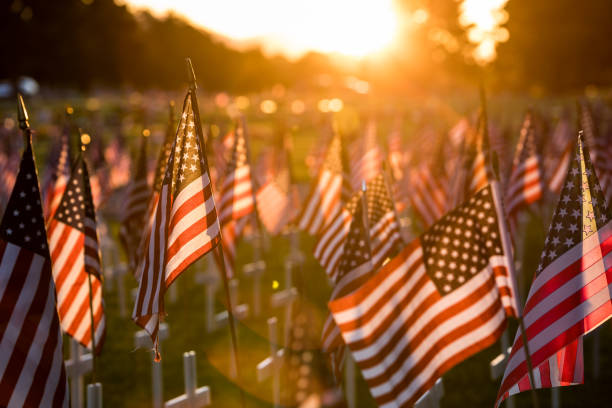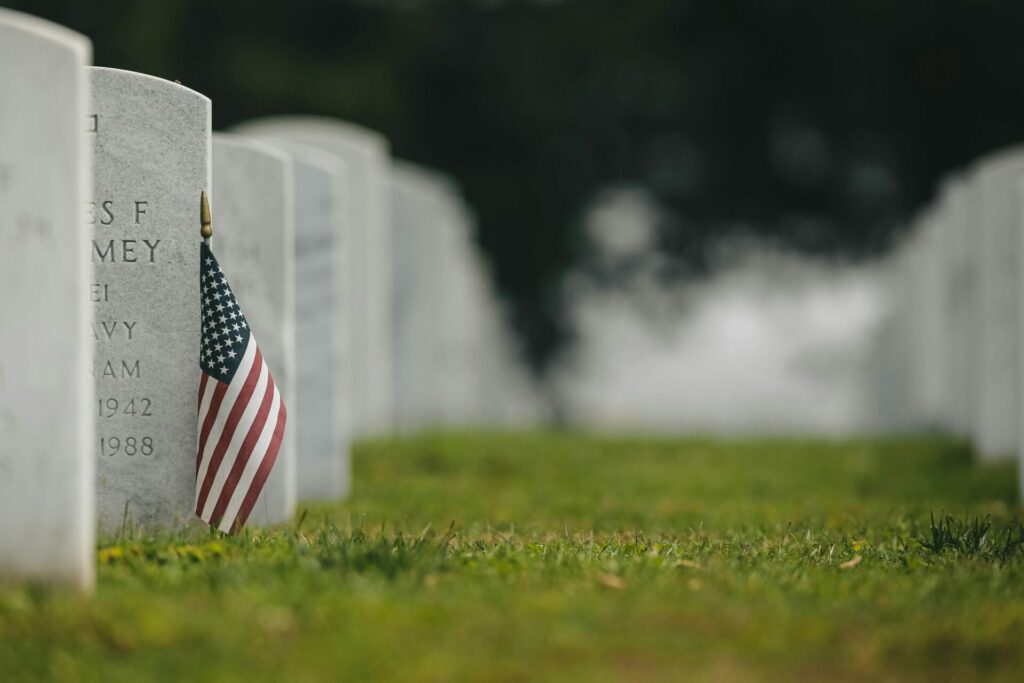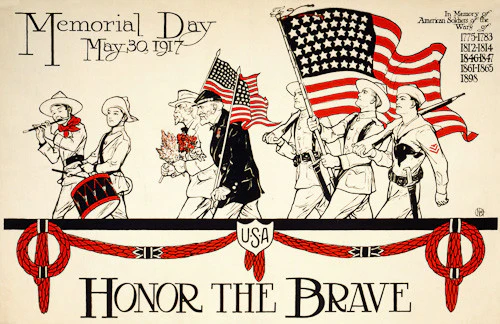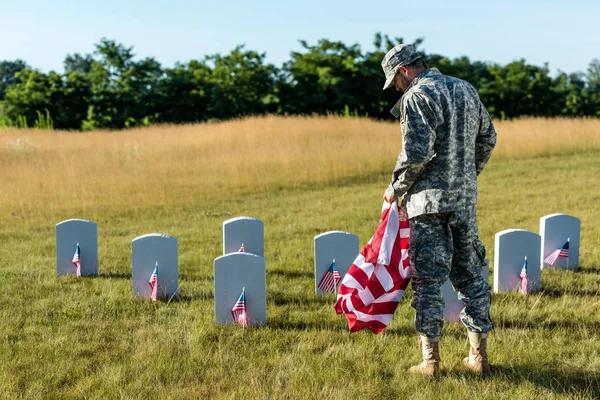Honoring the Fallen: The Meaning and History of Memorial Day

As the last Monday in May approaches each year, many Americans look forward to a long weekend filled with barbecues, travel, and retail sales. But at its heart, Memorial Day stands as one of the nation’s most solemn and significant observances — a day to honor and remember those who gave their lives in military service to the United States.
The Origins of Memorial Day
Memorial Day, originally known as Decoration Day, traces its roots to the years following the Civil War — a conflict that claimed more American lives than any other. In the aftermath, communities across the country began the tradition of decorating the graves of fallen soldiers with flowers and flags.

On May 5, 1868, Major General John A. Logan of the Grand Army of the Republic, a Union veterans organization, issued General Orders No. 11, officially designating May 30 as a day for the nation to honor its war dead. The date was chosen for its abundance of springtime flowers, ideal for grave decoration. The first large-scale observance took place at Arlington National Cemetery, where more than 5,000 participants laid flowers on the graves of both Union and Confederate soldiers.
While several towns claim to be the birthplace of Memorial Day, in 1966, Congress and President Lyndon B. Johnson officially declared Waterloo, New York, as the holiday’s point of origin due to its consistent, community-wide commemorations beginning in 1866.
Decoration Day to Memorial Day
Initially focused on honoring Union soldiers of the Civil War, Decoration Day gradually evolved to commemorate American military personnel who died in all wars. After World War I, the scope of the holiday expanded significantly.

By the late 19th century, Decoration Day was widely recognized across Northern states. In 1873, New York became the first state to officially observe the day, and by 1890, all former Union states followed suit. Southern states honored their war dead on separate dates until after World War I, when Memorial Day became a unifying national tribute.
In 1971, Memorial Day was declared a federal holiday and moved from its traditional May 30 date to the last Monday in May, under the Uniform Monday Holiday Act. This change created a three-day weekend, but also led to concern that the solemn meaning of the day might be overshadowed by leisure and commercialism.
A Day of Reflection and Respect
Today, Memorial Day serves as a time for the nation to collectively remember the men and women who made the ultimate sacrifice in service to the United States. For many veterans and families, it is a deeply personal day.
To honor the day respectfully, consider avoiding phrases like “Happy Memorial Day.” Instead, opt for messages like, “Have a meaningful Memorial Day,” or simply take time to reflect. It is also customary to pause at 3:00 p.m. local time for the National Moment of Remembrance — a minute of silence to honor fallen service members.
Memorial Day vs. Veterans Day
While both holidays honor the military, Memorial Day and Veterans Day serve distinct purposes:
- Memorial Day commemorates those who died in military service.
- Veterans Day, observed on November 11, honors all who have served in the U.S. armed forces.
A Legacy of Remembrance

From its humble beginnings in war-torn cemeteries to national ceremonies led by presidents, Memorial Day has always been more than a date on the calendar. It is a time to honor sacrifice, reflect on freedom, and ensure that the legacy of America’s fallen heroes is never forgotten.
As President Harry S. Truman once said, “Our debt to the heroic men and valiant women in the service of our country can never be repaid. They have earned our undying gratitude. America will never forget their sacrifices.”
So as we gather this Memorial Day, may we do so with gratitude and remembrance — and a renewed commitment to honor those who stood in the gap so we could live in freedom.
This Memorial Day, we encourage you to participate in local ceremonies, visit veterans’ cemeteries, or observe the National Moment of Remembrance. Let us each find a way to reflect on the cost of liberty.





